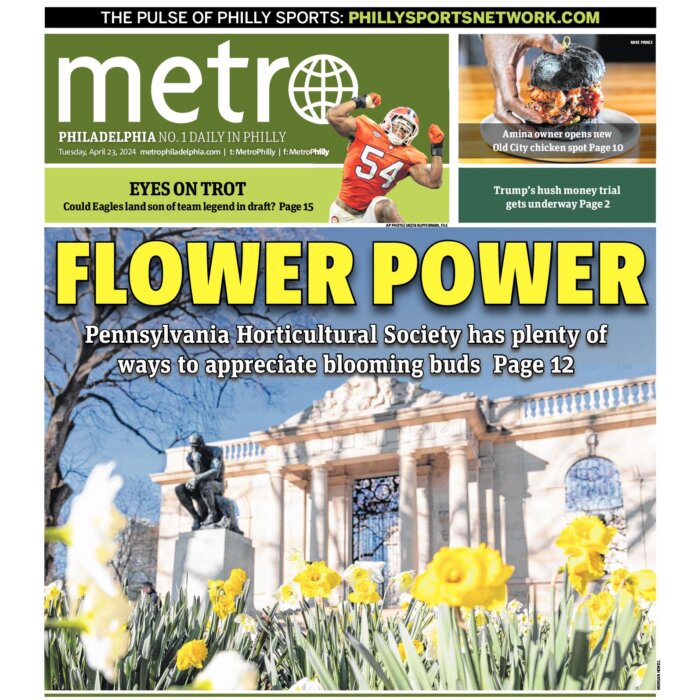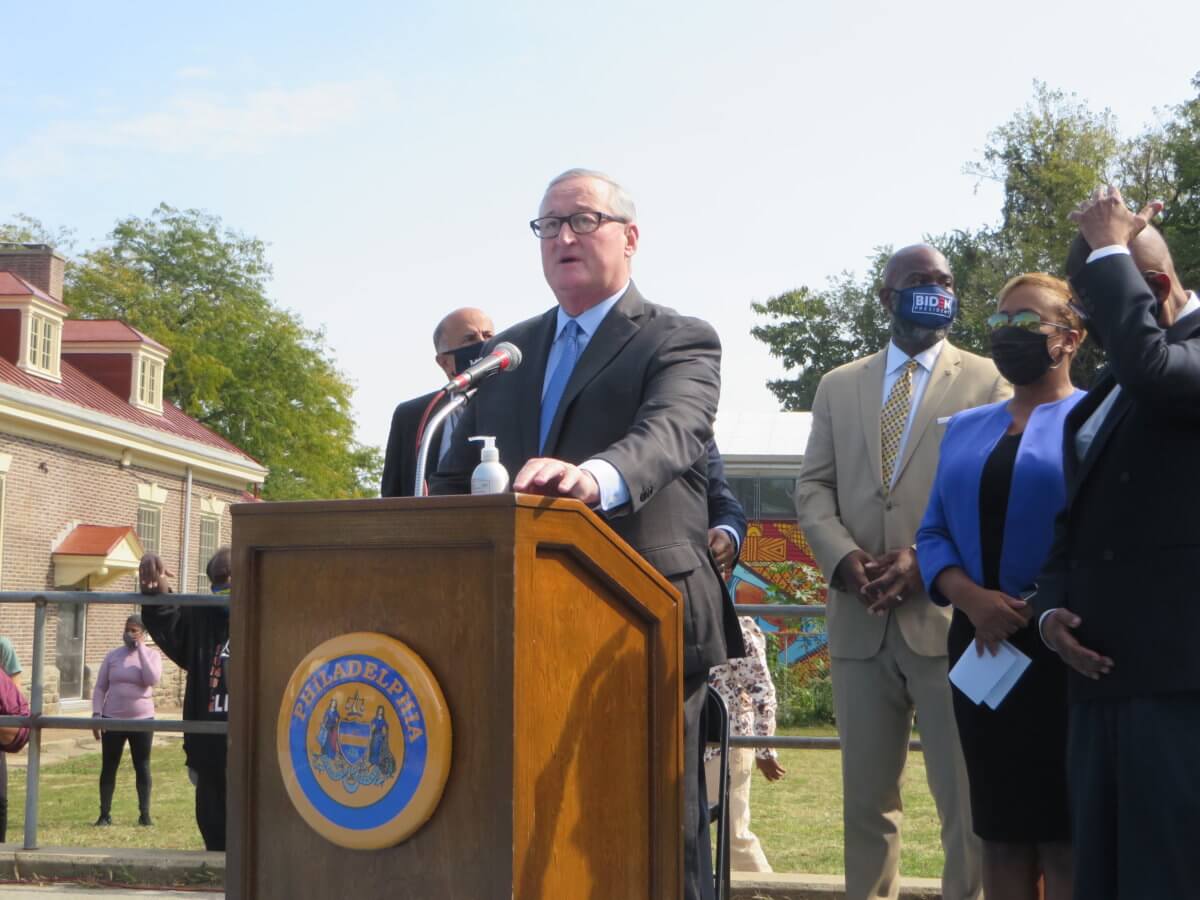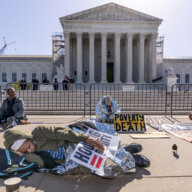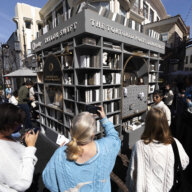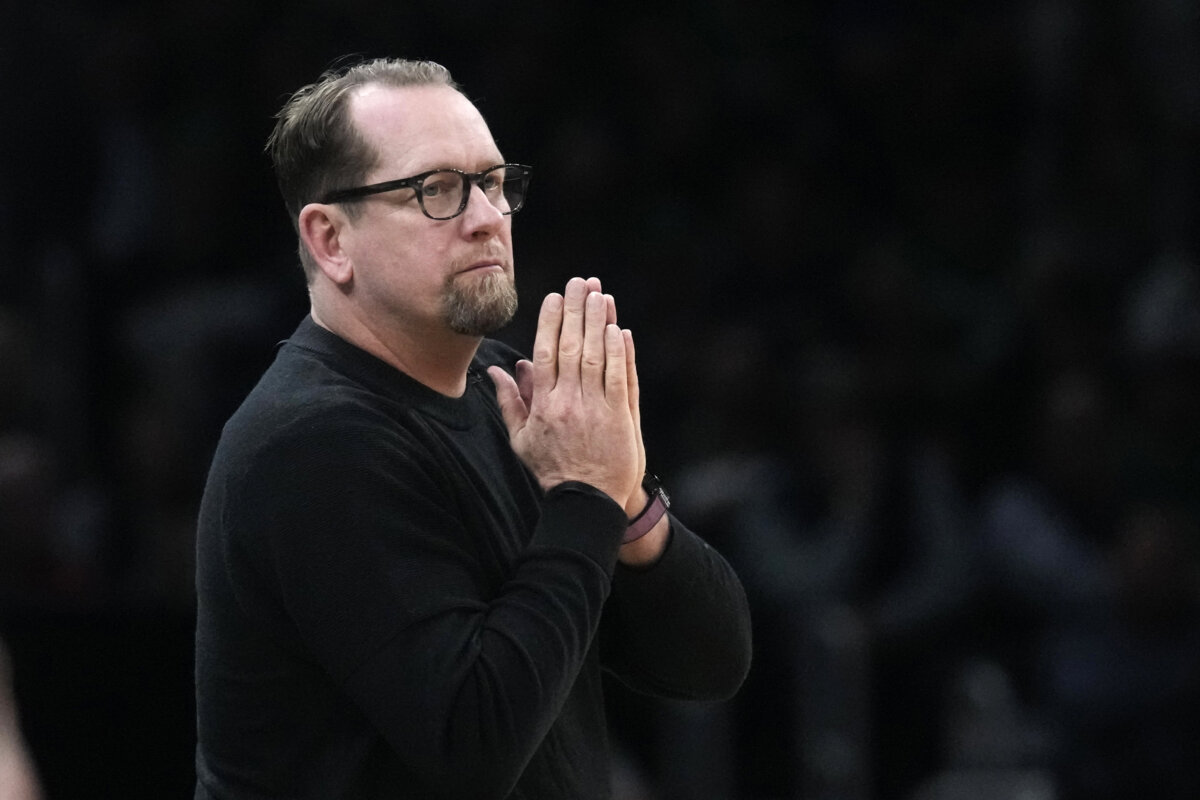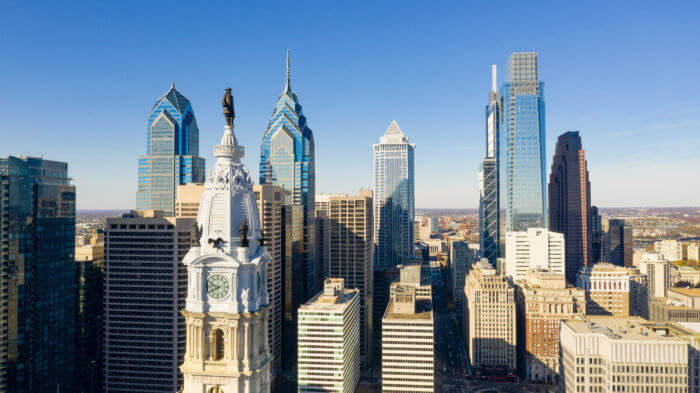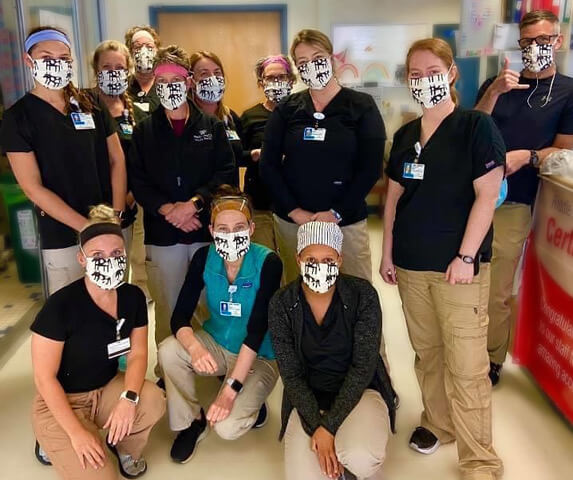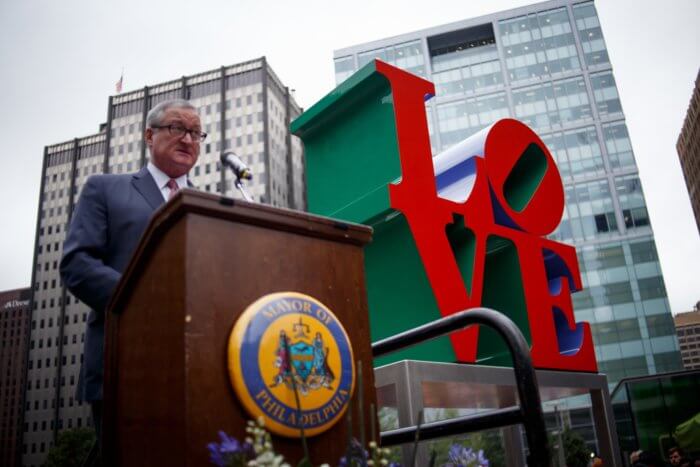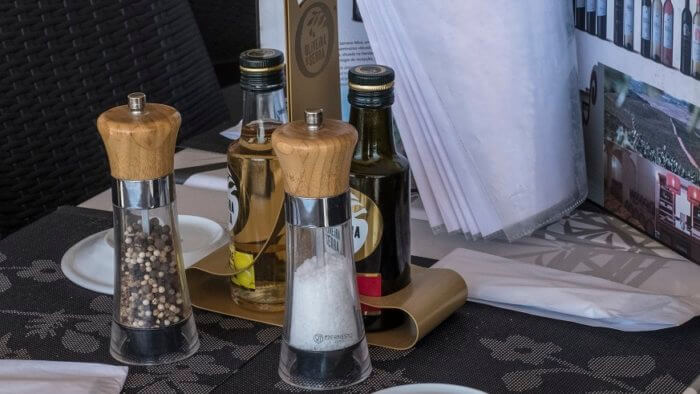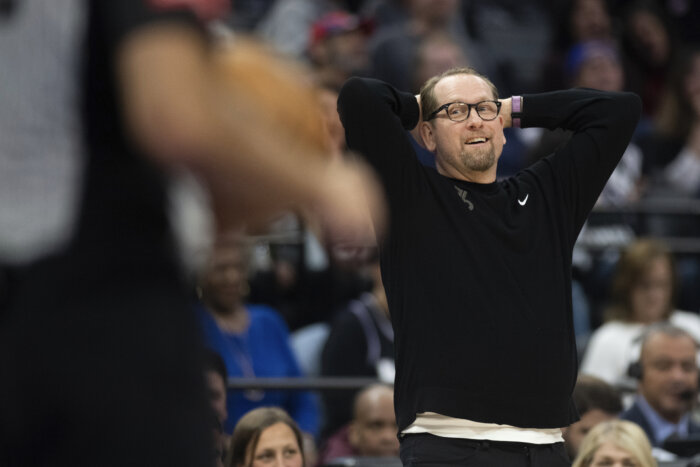Knowledge is power, and the best way to gain knowledge on the City of Philadelphia is to go right to the top. Every month, Metro will ask Mayor Jim Kenney questions pertaining to what is currently happening in the City of Brotherly Love—to get answers, give residents peace of mind and give each of us the power of being informed. This month, the column is continuing to focus on questions pertaining to the coronavirus pandemic. Here is what Kenney had to say about how Philadelphia is continuing to handle COVID-19.
Q: How will you determine which Philadelphia residents receive the coronavirus vaccine first? What is the city’s overall plan of distribution for the vaccine?
A: The Department of Public Health has developed a distribution scheme based upon recommendations from the federal CDC and Philadelphia’s own COVID-19 Vaccine Advisory Committee. The recommendations are based on risk of transmission and risk of poor outcomes. Those being prioritized include people who have a higher risk of catching COVID, like health care workers and essential public-facing employees, and populations who have been hospitalized and died from COVID, like nursing home residents. The local Vaccine Advisory Committee has strongly advocated for ensuring racial equity in the City’s plans, which is why the Department of Public Health has expanded the definition of health care workers beyond just doctors and nurses to also include security officers, housekeeping staff, and other more entry-level workers. As planning for future phases of COVID vaccine distribution continues, the Vaccine Advisory Committee continues to advocate for an expansive definition of essential workers, beyond just first responders, potentially including people who work in public-facing roles such as employees of grocery stores and other essential industries.
Q: Thanksgiving is believed to be the cause of a surge in COVID cases. What do you want to say to Philadelphians in regards to other upcoming holiday celebrations?
A: Thanksgiving definitely played a large part in the rise in positive cases here and across the country. As difficult as it is, I urge Philadelphians to celebrate the holidays—Hanukkah, Kwanzaa, Christmas, and New Year’s Eve—only with members of their household. It’s the only way we can prevent another spike in cases, lift some restrictions, and get our lives back to normal. I know it’s very sad to break from family traditions, but as Health Commissioner Dr. Thomas Farley has said, “it’s better to have no Christmas than an ICU New Year.”
Q: You announced recently that you are exploring more ways to help local businesses through the Philadelphia Department of Revenue. What does that help entail? Is there anything else in the works?
A: On December 1, 2020, the Department of Revenue announced the following three changes aimed at providing Philadelphia businesses with additional relief during the COVID-19 pandemic:
- Amending U&O guidance to exempt the portion of restaurants and bars used for indoor dining from Use & Occupancy Tax: This initiative will exempt restaurants and bars from Use & Occupancy tax on the square footage of the business used for indoor dining (dining room space) during the period when indoor dining is prohibited. This exemption is for this most recent “Safer at Home” phase and would be effective from November 20, 2020 through January 1, 2021.
- Businesses can amend Business Income Receipts and Tax [BIRT] returns and receive a refund: Under this initiative, the Revenue Department will provide guidance and instructions to businesses that if they feel they overestimated their 2020 BIRT estimated payment, they can amend the return and provide a new, more realistic, estimated payment and have the difference refunded. It would take six to eight weeks for businesses to receive refunds.
- Extending Refuse Fee due dates: Under this measure, the full $500 refuse fee is now due by June 30, 2021. Previously, half of the annual fee was due December 31, 2020.
On December 10, we signed the restaurant eviction moratorium bill passed by Council, which prevents evictions of qualifying restaurant tenants for 180 days.
To further support the city’s small businesses and entrepreneurial community, the Department of Commerce recently launched a new resource tool that can help connect local business owners and entrepreneurs with organizations that offer guidance on starting, running, and growing a business. On the Business Resource Finder, users can search for free or low-cost services available to Philadelphia businesses, including funding opportunities, legal assistance, workshops, and more.
And to date, the City has directed nearly $110 million in government, philanthropic, and private funding to support Philadelphia’s small businesses and nonprofit. That includes last week’s announcement of a new commitment of $7 million in Coronavirus Aid, Relief, and Economic Security (CARES) Act funding to aid Philadelphia small businesses during the COVID-19 pandemic. The $7 million has been pledged to the Commonwealth’s COVID-19 Relief Pennsylvania Statewide Small Business Assistance program. This new funding, which will be used to provide grants for some of the Philadelphia-based applicants who still remained unfunded by the Commonwealth’s program, is expected to support approximately 400 additional local businesses. The City previously dedicated $30 million in CRF funding to the Commonwealth’s business relief program.
Q: Do you foresee the restrictions, specifically with indoor dining, lasting beyond January 1st? Are you worried abut the recent lawsuit to your administration from restaurant owners about how hard they are being hit?
A: Our hospitality industry has been hit extremely hard by COVID-19 restrictions, and I remain very concerned about restaurant owners and workers. The Commonwealth has currently banned indoor dining through January 4, 2021 so we’ll be following their lead through at least that date. In the meantime we’ll be closely monitoring the case rate and other factors to determine when indoor dining and other restricted activities can resume. As has been the case during the entire pandemic, we’ll continue to balance the advice from medical experts with the need to support local businesses and help our economy recover. It’s critical that the federal government works quickly to come together and pass a substantial new relief package to support workers and businesses. The City is currently exploring ways to provide additional relief to hard hit industries, including the restaurant industry, but our own financial limitations preclude more extensive relief.
